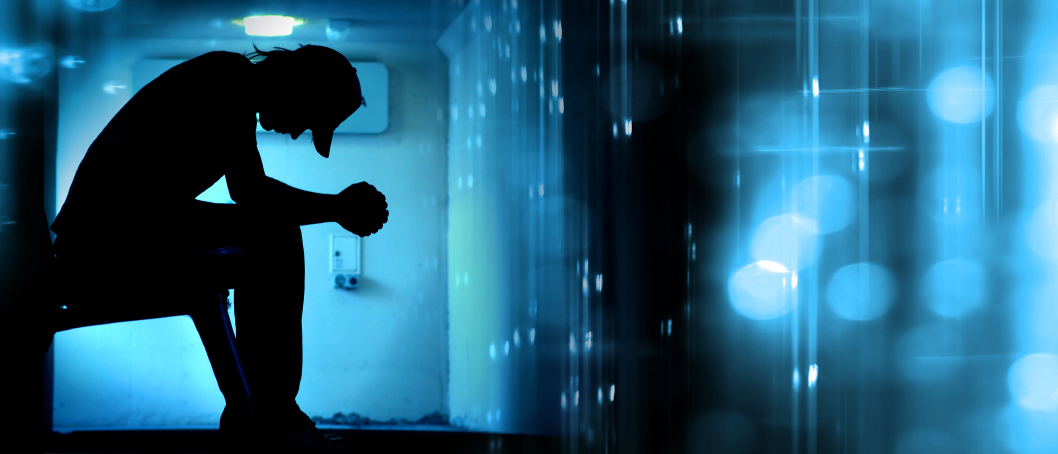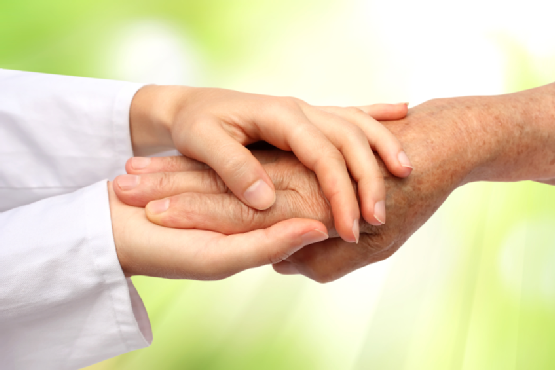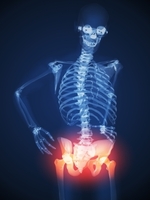
Many of chronic pain patients are forced into poverty. There are many employed and productive people who get injured or develop a condition that leads into chronic pain. Once chronic pain is settled, productivity and ability to work decreases. Most of us think being poor or homeless is so far or remote from us. In reality, most of members of any society are only a couple of pay checks far from falling into poverty. Chronic pain on its own is difficult to handle. Add poverty, losing ability to work and keep the house or other belongings to it, then we have a disaster. But rich or poor, we have to treat and manage the chronic pain condition.
We talk a lot about multi-disciplinary pain management, but all or most of these disciplines of therapy cost money. What to do in this situation? There have been lot of evidence coming out lately on the positive role of self management in chronic pain. If we can learn about what better choices we can make within our budget about our diet, learn to exercise and practice meditation and relaxation exercise, most of medical conditions would be better controlled, including chronic pain. When the down turn in economy happened a few years ago, I worked on developing a self management guide for patients who could not afford to pay for different therapies and we would give the guide to any body in need free of charge. What is important is that I observed a lot of treatment outcome improvement within the group that used and practiced the guide recommendations.
Self management can be one of the ways to fight the effect of poverty on our pain.
Dr. Kevin ROD










